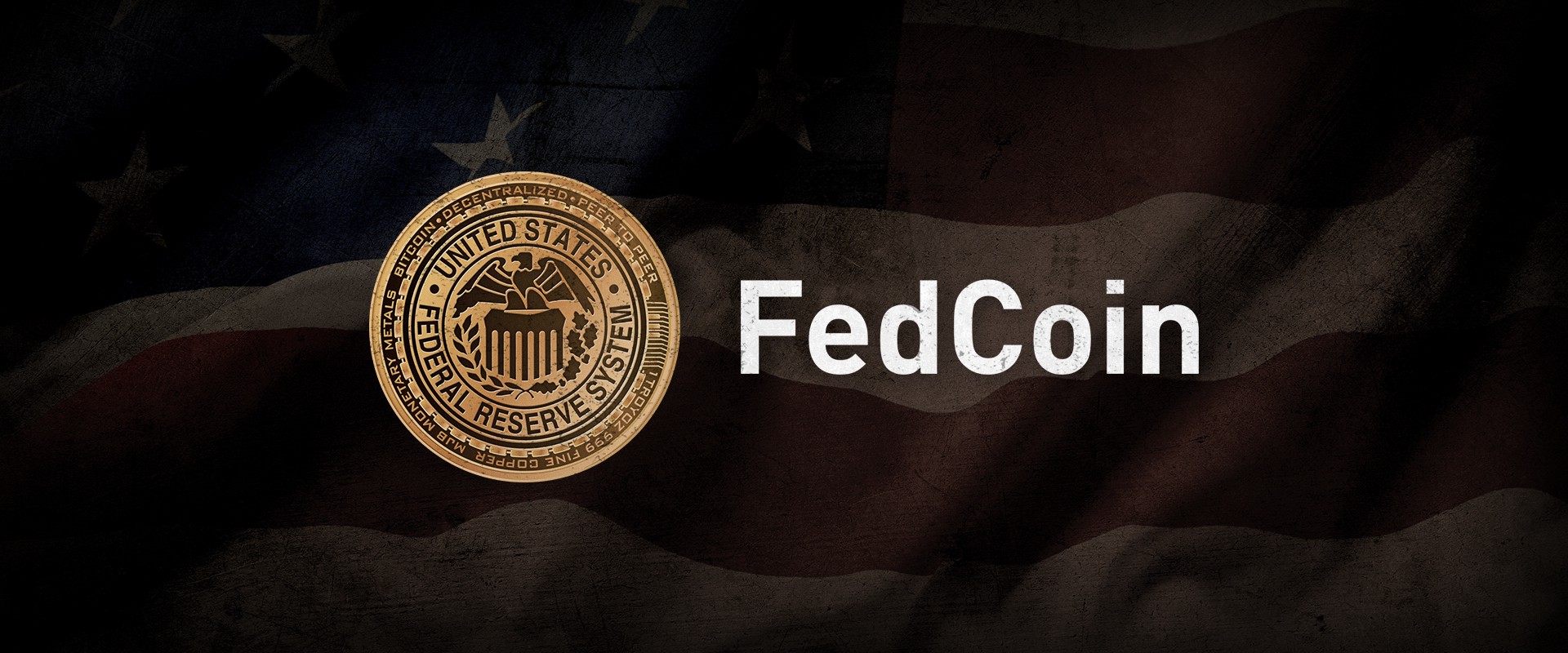PALO ALTO, Calif. (Reuters) - The Federal Reserve is taking a look at a broad fedcoin vs bitcoin series of issues around digital payments and currencies, including policy, design and legal considerations around possibly releasing its own digital currency, Guv Lael Brainard stated on Wednesday. Brainard's remarks suggest more openness to the possibility of a Fed-issued digital coin than in the past." By transforming payments, digitalization has the prospective to provide higher value and benefit at lower cost," Brainard stated at a conference on payments at the Stanford Graduate School of Organization.
Reserve banks globally are discussing how to manage digital finance innovation and the distributed ledger systems utilized by bitcoin, which guarantees near-instantaneous payment at possibly low cost. The Fed is establishing its own round-the-clock real-time payments and settlement service and is presently examining 200 comment letters submitted late last year about the suggested service's design and scope, Brainard said.
Less than 2 years ago Brainard told a conference in San Francisco that there is "no engaging demonstrated need" for such a coin. But that was before the scope of Facebook's digital currency ambitions were extensively understood. Fed officials, consisting of Brainard, have raised issues about customer protections and data and privacy risks that might be positioned by a currency that could enter use by the 3rd of the world's population that have Facebook accounts.
" We are working together with other main banks as we advance our understanding of central bank digital currencies," she stated. With more countries checking out providing their own digital currencies, Brainard stated, that contributes to "a set Learn here of factors to Discover more also be ensuring that we are that frontier of both research and policy development." In the United States, Brainard stated, concerns that require study include whether a digital currency would make the payments system more secure or simpler, and whether it might position monetary stability risks, including the possibility of bank runs if money can be turned "with a single swipe" into the reserve bank's digital currency.
To counter the financial damage from America's extraordinary nationwide lockdown, the Federal Reserve has taken extraordinary steps, consisting of flooding the economy with dollars and investing directly in the economy. The majority of these relocations received grudging acceptance even from numerous Fed skeptics, as they saw this stimulus as required and something only the Fed might do.
My new CEI report, "Government-Run Payment Systems Are Hazardous at Any Speed: The Case Against Fedcoin and FedNow," details the risks of the Fed's current prepare for its FedNow real-time payment system, and propositions for main bank-issued cryptocurrency that have actually been called Fedcoin or the "digital dollar." In my report, I talk about concerns about privacy, data security, currency manipulation, and crowding out private-sector competitors and development.

Advocates of FedNow and Fedcoin say the government needs to develop a system for payments to deposit quickly, instead of encourage such systems in the economic sector by lifting regulative barriers. However as noted in the paper, the personal sector is supplying a relatively unlimited supply of payment technologies and digital currencies to resolve the problemto the level it is a problemof the time space in between when a payment is sent out and when it is gotten in a bank account.
And the examples of private-sector development in this location are many. The Clearing House, a bank-held cooperative that has been routing interbank payments in different types for more than 150 years, has actually been clearing real-time payments since 2017. By the end of 2018 it was covering half of the deposit base in the U.S.